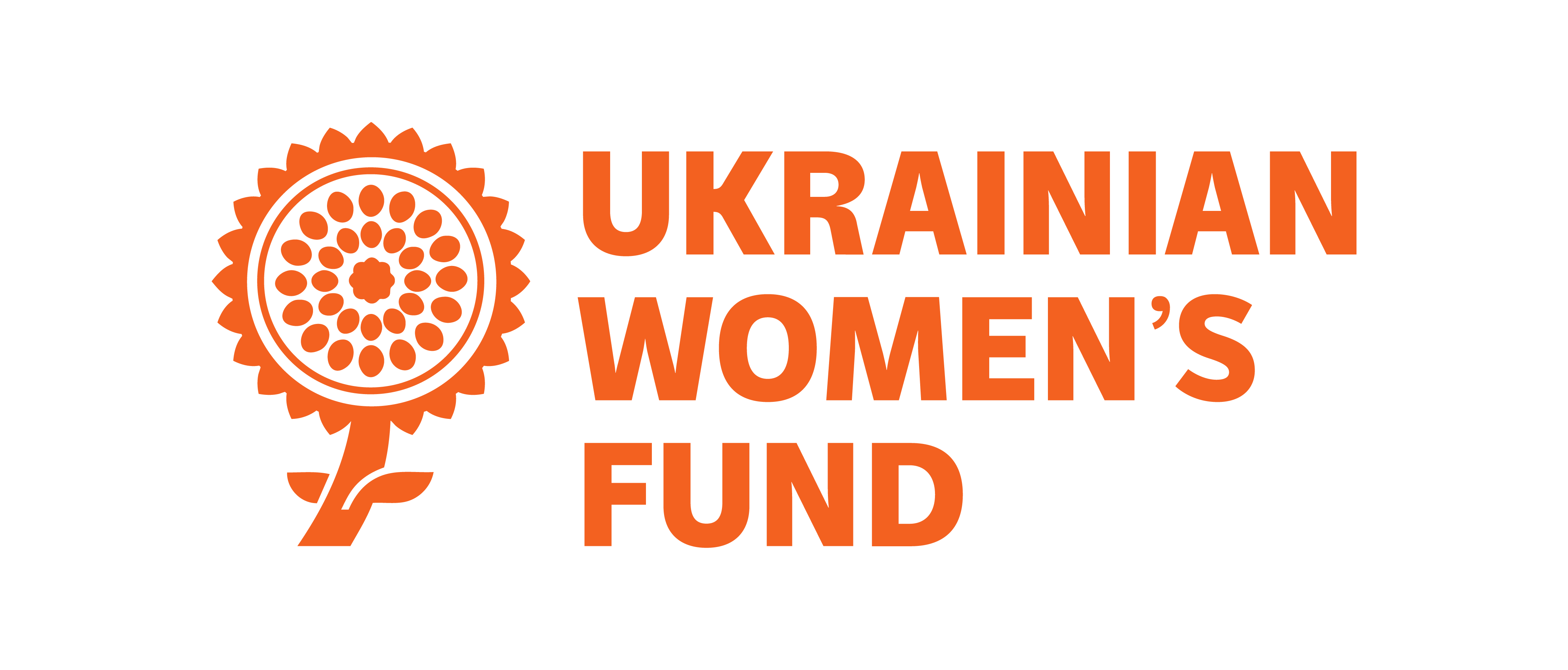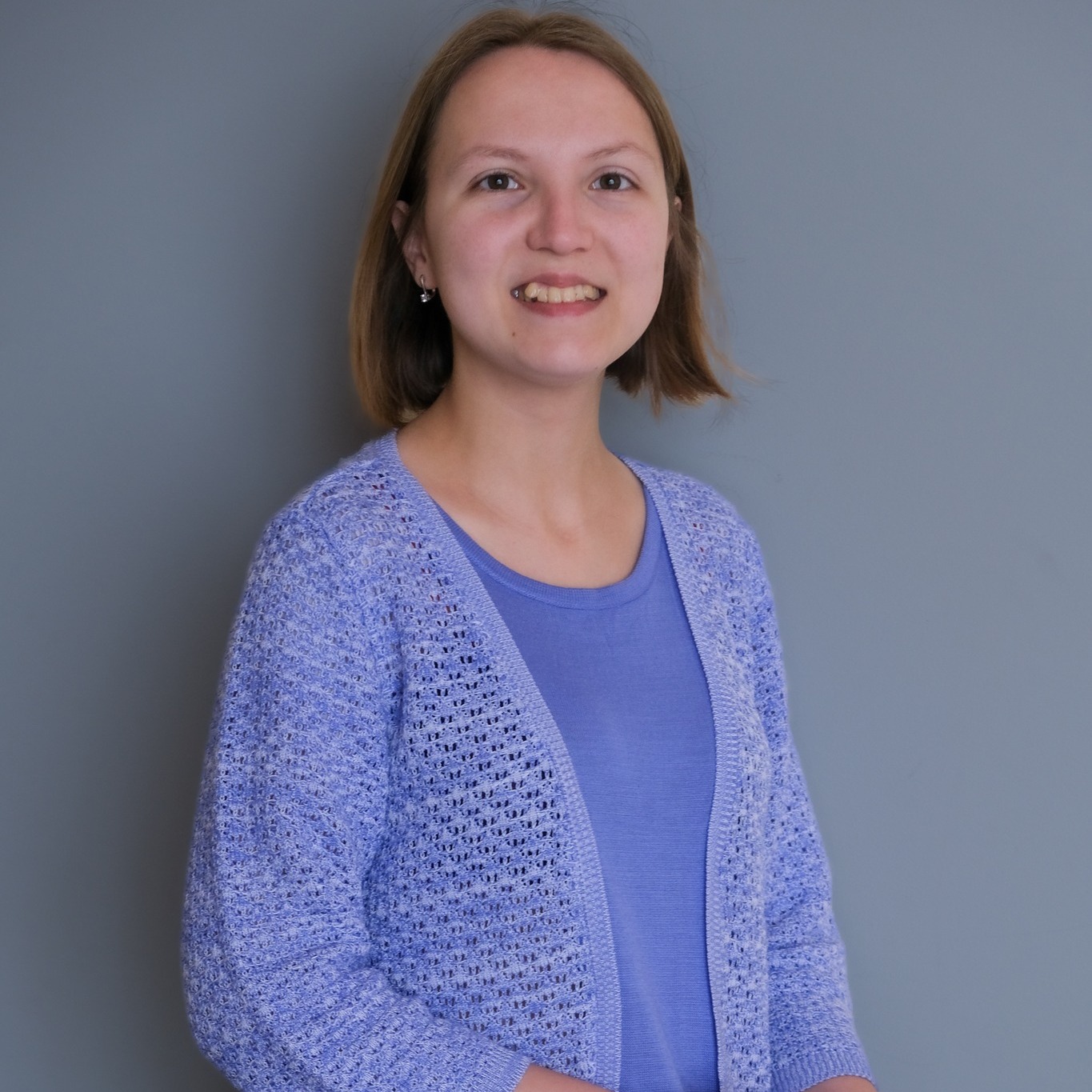The study focused on current legislation and subordinate legal acts on the rights and guarantees for veterans applying a gender-sensitive approach.
“There are not many gender-sensitive components in the relevant national legislation, but they do exist and must be taken into account. This means that all medical, psychological services, and material provisions should be delivered with consideration of the specific needs of both women and men. The study highlighted the need to introduce a unified, comprehensive policy for veterans — both male and female — particularly in the area of social protection, including benefits, educational support, and more. These are always critical for successful reintegration into civilian life. Some recommendations also addressed housing, as well as labour and healthcare guarantees,” said Mariia Zviahintseva, lawyer at Legal Hundred. According to her, housing is one of the areas most in need of reform. The reason lies in Ukraine’s outdated Housing Code, which calls for urgent updates to policy in this field.
This study emerged as a result of the analytical and advocacy work conducted by the Legal Hundred NGO. It served as a foundation for developing unified standards for veteran policy within the Concept for Supporting Veterans and Their Families. Later, parts of the research — particularly those concerning guarantees for female and male veterans — were incorporated into the Veteran Policy Strategy until 2030, approved by the Cabinet of Ministers.
“The Strategy addresses accessible medical programmes, memorialisation efforts, and social support mechanisms that should take individual needs into account. However, the document is foundational — visionary in nature. To implement it, its provisions must be detailed in laws and subordinate legal acts. This includes creating user-friendly mechanisms for accessing guarantees that correspond to individual needs of a man or a woman — for example, through digital services, without unnecessary bureaucracy. So far, there are few such solutions in place, and some are still in development,” explained Mariia Zviahintseva.
For its part, the Legal Hundred NGO actively contributes to the development of regulatory changes — both upon request and on its own initiative.
“Right now, we primarily have to address the declarative nature of the current framework law and partly inconsistency with the visionary goals outlined in the Strategy. The Law on the Status of Veterans was adopted back in 1993 and, objectively, does not correspond with modern challenges – that are addressed by the Strategy, which is designed to guide policy through to 2030,” said the organisation’s lawyer.
The Legal Hundred NGO actively defends the rights of military personnel and veterans and conducts high-quality analytical work. This has been recognised by state institutions — not only through invitations for the organisation’s experts to join relevant working groups and subcommittees of the Verkhovna Rada, but also through an official letters of appreciation.
Another analytical report, developed with the support of the Ukrainian Women’s Fund, focused on the realisation of human rights for individuals who were in de facto marriages with missing or captured military personnel. The report was based on calls and cases received through the organisation’s hotline.
“One of the most common problems is the lack of payments, difficulties in confirming the fact of cohabitation, and limited access to information. Some of these issues are, in fact, already resolved at the regulatory level — for instance, how and to whom is information about a missing or captured person. But often, people are unaware of this due to poor communication with authorised bodies at the local level. This initial stage is extremely important. So wherever there were gaps in the implementation mechanism, we focused primarily on how the mechanism actually works for people — what needs to be done, where to turn, and how to achieve a result. And if we identified a legal gap, we proposed our vision for how it could be addressed. This report is a combination of analysis and practice, because it was based on the issues most commonly raised by people in de facto marriages or by family members at various stages,” explained Mariia Zviahintseva.
The protection of the rights of families of the missing and captured is currently one of the organisation’s top priorities.
“These issues are at the core of our analytical work, advocacy, and legal assistance. We provide both primary and secondary legal support. For instance, many inquiries concern the recognition of de facto marriages or the receipt of one-time financial aid,” adds lawyer Mariia Zviahintseva.
The experience of Legal Hundred demonstrates how thorough analysis and a people-centred approach can influence state policies. The organisation not only develops solutions but also helps people access protection here and now.
The material was produced in framework of the Action “Network of gender think tanks: capacity development for advanced policy design, impact assessment, strategic advocacy, and specialized policy communications” implemented by the Ukrainian Women’s Fund with the support of the European Union. Contents of the publication are the sole responsibility of UWF.

